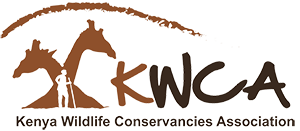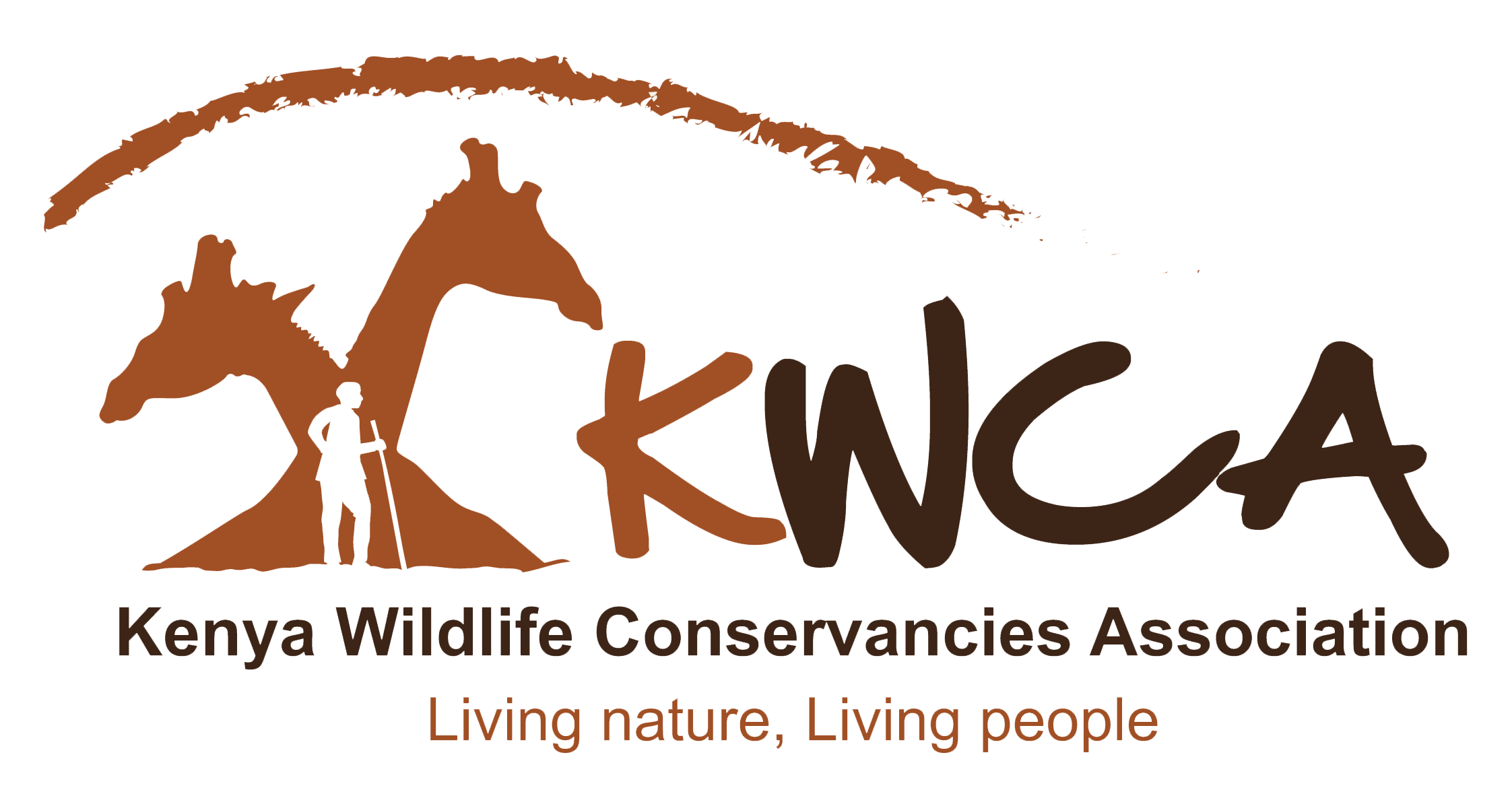END-OF-PROJECT EVALUATION
PROJECT NAME: Advancing Equitable Gender, Social And power norms in community conservancies in kenya
Introduction
Kenya Wildlife Conservancies Association (KWCA) is the national representative body and voice for community and private wildlife conservancies in Kenya. As an umbrella body, KWCA’s role is to help catalyse the conservancy movement by connecting, informing, convening and representing private and community landowners and other key stakeholders in a shared effort to make wildlife conservancies thrive in Kenya. KWCA supports these conservancies through regional associations as umbrella organisations at an ecosystem level through which conservancies can have a voice, collaborate, share insights and best practices, integrate development planning and manage conservancies at a large scale.
About the RISE Program
KWCA in partnership with Fauna & Flora International (FFI), CARE International in Kenya (CARE), and the Centre for Rights Education and Awareness (CREAW), has in the last 18 months implemented the Resilient, Inclusive, & Sustainable Environments (RISE) programme advancing equitable gender, social and power norms in community conservancies in Kenya. The overarching goal of the project is to strengthen KWCA’s capacity to prevent GBV and gender inequity within conservancies in Kenya and serve as a resource for regional associations and member conservancies. In its approach to gender transformation, KWCA adopted a Social Analysis and Action Model (SAA), a community-led social change process through which individuals and communities explore and challenge social norms, beliefs, and practices around gender and sexuality that shape their lives. The project targeted primarily the staff and board members of KWCA, Taita Taveta Wildlife Conservancies Association (TTWCA), and Kasigau Ranch and community-level engagement Kasigau Ranch members.
The project further outlays three interrelated outcomes and outputs results supporting this goal.
Output 1: 30 KWCA staff and board have the knowledge and skills to facilitate or engage in discussions around gender, social norms, power relations and GBV with each other and with staff from their member organisations
Output 2: 14 TTWCA staff and board members, and 2 MMWCA staff, have the knowledge and skills to facilitate or engage in discussions around gender, social norms, power relations and, GBV with each other and member conservancy staff
Output 3: KWCA policies and processes are reviewed and/or developed to more effectively promote gender equality, diversity, inclusion and GBV prevention both within its own operations and with member conservancies.
Objective and Scope
The purpose of the evaluation will be to understand how and to what extent project activities and approaches achieved the stipulated outcomes including the contribution of the project toward the overall goal. The findings of the evaluation will also contribute to learning the best practices in advancing equitable gender, social and power norms in community conservancies in Kenya.
The consultant (s) are expected to:
- To evaluate the project against the effectiveness, relevance, efficiency, sustainability and impact criteria, as well as the cross-cutting gender equality criteria (defined below);
- To identify key lessons and emerging good practices for learning purposes (this is defined under the knowledge generation criteria below);
- Provide actionable recommendation to inform future program design and adaptive management for similar projects in this context;
- Examine critical factors that enabled or hindered the effective achievement of intended results.
Assessment Criteria
The assessment criteria will be drawn from the performance framework and KPIs.
The evaluator is expected to frame the evaluation effort using the criteria of impact/results, relevance, effectiveness, sustainability, knowledge generation as explained below. Consider Adaptive management too as a criterion.
- Effectiveness: Is the intervention achieving its objectives?
- To what extent were the intended project goal, outcomes and outputs (project results) achieved?
- What are the contributions made by each of the approaches such as SAA employed for the realisation of the overarching outcomes of the project?
- To what extent is the core approach an effective mechanism towards promoting gender equity and preventing GBV? What can be strengthened moving forward?
- Reflect on the monitoring and learning process used throughout the project
- Relevance: Is the intervention doing the right things?
- To what extent is the theory of change, still relevant considering the diversity of the different contexts?
- How does the program and partnership with CARE, CREAW and FFI support advancement of KWCA, landscape associations and conservancies on gender?
- What are the changes in the external and internal environment during the implementation of the project and how have these changes positively or negatively affected the project?
- How did the project adapt to the context in the course of implementation?
- Impact: What difference has the intervention made?
- What real difference/changes has the project made to the lives of the target groups?
- Sustainability
- To what extent is the project contributing or enhancing sustainability of landscape associations and conservancies and what are some best practices to scale-up moving forward?
- Knowledge generation
- Describe the main lessons and promising practices that have emerged?
- What are the recommendations for similar support in future (Nb. The recommendations should provide comprehensive proposals for future interventions based on the current evaluation findings).
Approach and Methodology
The review will adopt an inclusive and participatory approach, involving all the partners and stakeholders in the project at the national, regional and conservancy level. During the inception stage, the consultants will conduct a comprehensive desk review to define the evaluation design, including data collection and analysis methods and required tools in consultation with the Project Support Group (PSG). A core approach of this project is the process of staff transformation; supporting staff towards becoming active gender champions. The assessment will thus seek to understand and document changes in individuals’ experiences, perceptions, and actions. The SAA tools drawn in particular from CARE’s Social Action and Analysis gender toolkit including Vignettes and Social Norms Analysis Plot Framework which will be adapted to assess personal transformation. The specific tools used will be reviewed by the Project Support Group (PSG) to consider changes/ shifts in knowledge, attitudes, skills, and behaviours over time and using semi-structured interviews to assess gender equality, women’s empowerment, and GBV.
Assessment timeframe
The total duration of the Assessment will be 20 consultancy days in the month of September 2022.
Deliverables
The team is expected to deliver the following deliverables;
- An Inception Report that details the evaluators’ interpretation of the TORs, proposed schedule of tasks, detailing, the evaluation methodology, and a set of evaluation tools and clarity on adaptation of social and power norms measuring/ evaluation tools.
- A draft Evaluation Report on key findings and recommendations to be submitted to KWCA no later than 2 weeks after completion of the field mission.
- A Final Evaluation Report. The report should expound on the key findings, lessons learnt, and recommendations
Required Qualifications
The consultant shall have prior experience in assessing and evaluating similar projects. The consultant selected should not have participated in the project preparation and/or implementation and should not have conflict of interest with project related activities.
The consultant must present the following qualifications:
- Knowledge and experience of gender focused projects and gender transformative approaches
- Experience in evaluation of social norms, power relation and related changes. Previous use of the Social Norms Analysis Plot Framework is desirable.
- Minimum 7 years of relevant professional experience in a relevant field
- Previous experience with results‐based monitoring, assessment and evaluation methodologies
- Demonstrated experience in participatory approaches
- Experience of working with community conservancies will be an added advantage
Submission of proposal
The proposal should demonstrate sound knowledge, technical skills and capacity as required by the nature of work of the assignment and understanding of the requisite tasks set forth in the scope of work.
Eligible consultants should submit the following;
- A detailed technical proposal clearly demonstrating understanding of this ToR and including but not limited to the following:
- Proposed methodology and a proposed work plan.
- Demonstrated previous experience in similar assignments and qualifications outlined in this ToR (with submission of the most recent report)
- Team composition include CVs of each team member.
- A financial proposal.
The proposals should be submitted to [email protected] indicating clearly on the email header the title of the consultancy by Friday 2nd September, 2022
Posted on
